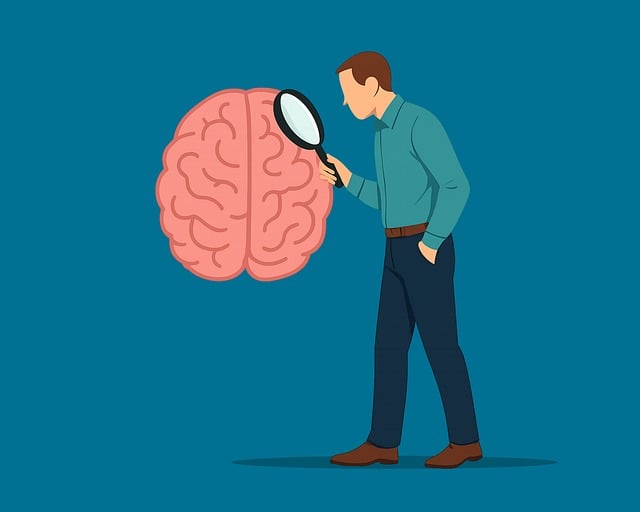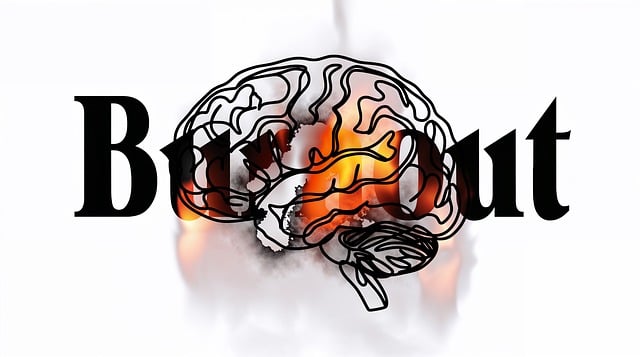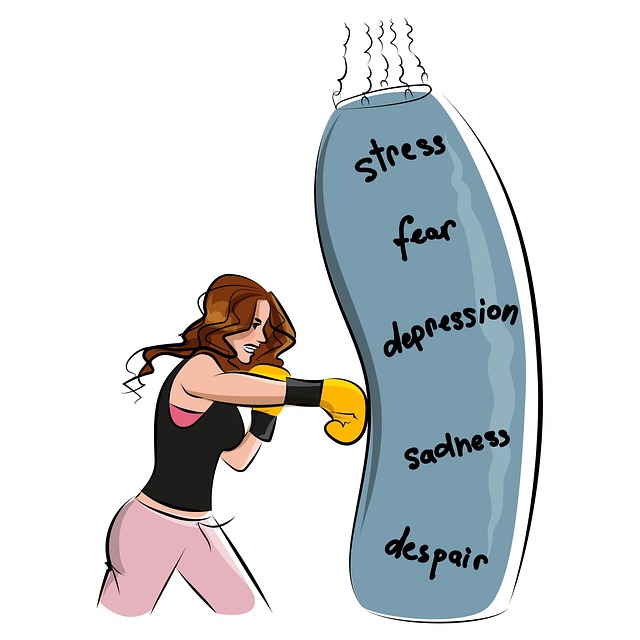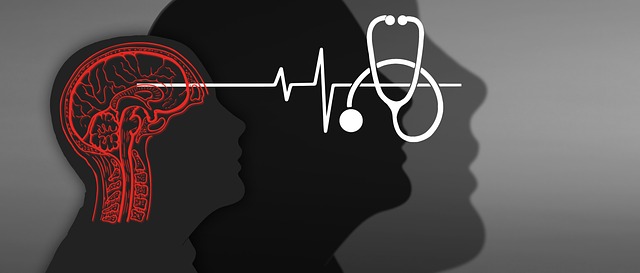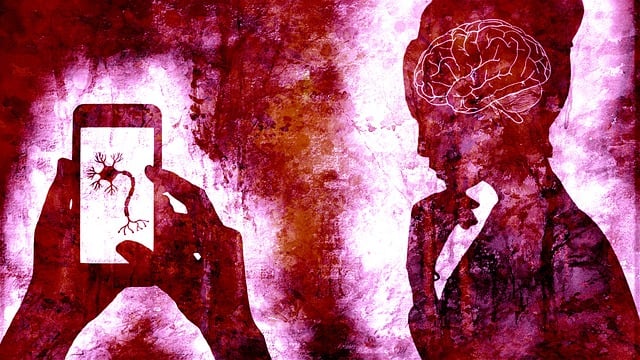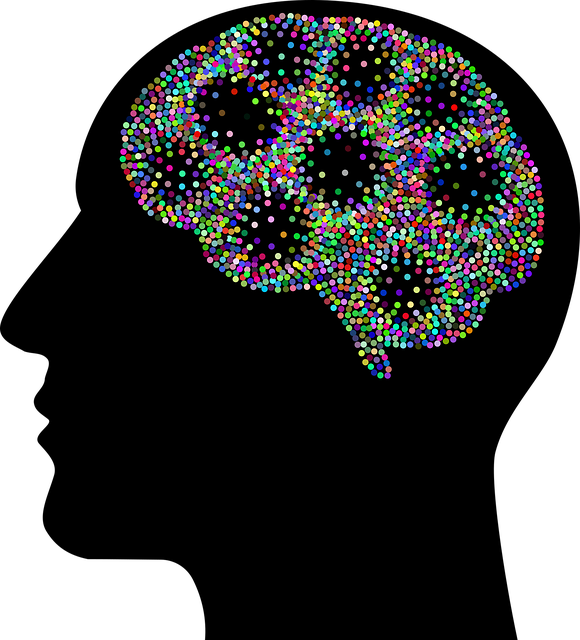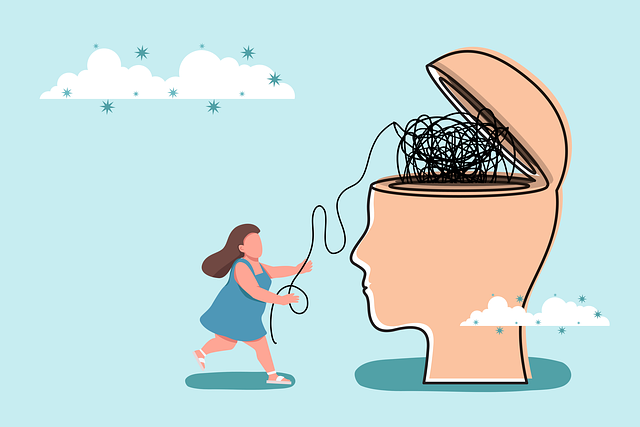Diagnosing mental health issues in young children and geriatrics presents unique challenges, leading to high misdiagnosis rates due to developing brains or age-related cognitive changes. Specialized therapy for young children and geriatrics is crucial, with play therapy, adapted CBT, compassion cultivation, and stress management workshops tailored to each group's needs. Advanced risk assessment tools, machine learning algorithms analyzing datasets, and empathy-building techniques enhance diagnosis accuracy, enabling more effective treatment plans like trauma support for geriatrics. Policy advocacy and provider burnout mitigation are also key components of this multifaceted approach to improve patient outcomes across all age groups.
Mental illness diagnosis accuracy is a critical aspect of healthcare, yet challenges persist, particularly in diagnosing young children and geriatrics. This article explores current inaccuracies and limitations in mental health assessments across different age groups, focusing on young children and the elderly (geriatrics). We delve into innovative techniques designed to enhance diagnosis, such as early intervention programs and cognitive behavioral therapy tailored for these demographics. Additionally, we examine the role of technology through digital health platforms and teletherapy, aiming to improve access and standardization in mental healthcare services. The importance of training and education initiatives for healthcare professionals is also emphasized, highlighting continuing education programs and intergenerational learning to foster better diagnostic practices.
- The Current State of Mental Illness Diagnosis in Different Age Groups
- – Focus on challenges and inaccuracies in diagnosis for young children and geriatrics.
- – Discuss existing methods and their limitations.
- Innovative Techniques to Enhance Diagnosis Accuracy
The Current State of Mental Illness Diagnosis in Different Age Groups

Mental illness diagnosis can vary significantly across different age groups, each presenting unique challenges and considerations. For young children, identifying mental health issues often involves navigating complex behaviors and emotional expressions typical of their developmental stage. Therapies tailored for this demographic focus on play therapy and cognitive behavioral therapy (CBT) adapted to their age, aiming to foster resilience and inner strength development. These approaches are crucial in early intervention, as they can prevent more severe conditions from emerging later in life.
In contrast, geriatrics face distinct dilemmas when diagnosing mental illness. Aging populations often experience cognitive decline, depression, and anxiety, which may be misattributed to natural aging processes. Compassion cultivation practices and stress management workshops specifically designed for older adults have shown promise in enhancing diagnosis accuracy by promoting mindfulness and improving overall well-being. Such interventions not only help in recognizing mental health issues but also empower individuals to manage their symptoms effectively.
– Focus on challenges and inaccuracies in diagnosis for young children and geriatrics.

Diagnosing mental illness in young children and geriatrics presents unique challenges that contribute to a significant number of inaccuracies. The developing brains of children under 18 years old make it hard to distinguish between typical developmental stages and symptoms of disorders like ADHD or anxiety. Geriatrics, on the other hand, often face misdiagnosis due to co-morbid physical health issues and age-related cognitive changes, which can mask underlying mental health problems. These challenges underscore the need for specialized training in therapy for young children and geriatrics.
Mental wellness awareness campaigns are crucial steps towards addressing these inaccuracies. Equipping mental health professionals with comprehensive risk assessment tools can aid in early detection. Such efforts must be accompanied by continuous professional development to enhance skills in recognizing subtle symptoms, especially when physical and psychological conditions intersect. This multifaceted approach will ultimately lead to more accurate diagnoses and improved treatment outcomes for this vulnerable population.
– Discuss existing methods and their limitations.

Mental health professionals currently employ various methods for diagnosing mental illnesses, ranging from clinical interviews to standardized assessments. However, these approaches are not without limitations, especially when it comes to young children and geriatrics populations. Traditional diagnostic tools often struggle to capture the nuances of emotional expression in toddlers or the complex cognitive changes associated with aging. For instance, a child’s inability to verbalize their feelings may hinder an accurate assessment through standard questionnaires, missing crucial insights into underlying issues like anxiety or depression. Similarly, assessing mental health in the elderly can be challenging due to age-related factors such as reduced mobility and cognitive impairment, making it difficult for them to engage in traditional therapy for young children or geriatrics effectively.
Existing methods also lack comprehensive trauma support services tailored for these specific demographics, which is a significant gap considering the impact of early life experiences on mental well-being. To address these challenges, professionals are increasingly integrating empathy-building strategies and emotional regulation techniques into diagnostic processes. These approaches aim to bridge communication gaps by fostering understanding and trust, thereby facilitating more accurate evaluations. By combining advanced assessment tools with tailored therapy methods, such as those that support emotional regulation in young children, mental health practitioners can improve diagnosis accuracy across diverse age groups, ultimately leading to more effective treatment plans.
Innovative Techniques to Enhance Diagnosis Accuracy

In the quest for enhancing mental illness diagnosis accuracy, innovative techniques are reshaping the landscape of healthcare. Advanced tools such as machine learning algorithms leverage vast datasets to identify subtle patterns indicative of specific disorders, improving diagnostic precision, especially in complex cases. These methods prove invaluable in various specialties, including geriatrics, where age-related cognitive changes can overlap with symptoms of neurodegenerative diseases or dementia. Furthermore, integrating therapy for young children into these advanced systems helps tailor interventions earlier in life, fostering inner strength development and potentially preventing the onset or exacerbation of mental health issues.
Beyond technological advancements, Mental Health Policy Analysis and Advocacy plays a pivotal role in improving diagnosis accuracy by ensuring healthcare systems prioritize evidence-based practices. Addressing burnout prevention among healthcare providers is another critical aspect, as fatigued professionals may overlook subtle symptoms or misinterpret them, leading to misdiagnoses. By integrating these strategies, the mental health care system moves closer to achieving more accurate and timely diagnoses, ultimately enhancing patient outcomes across age groups.
Mental illness diagnosis has come a long way, but challenges remain, particularly in accurately identifying conditions in young children and geriatrics. The current methods, while helpful, are not foolproof due to the complex nature of mental health and individual variations. However, with innovative techniques like advanced neuroimaging, AI-assisted assessment tools, and personalized therapy approaches, we can significantly improve diagnosis accuracy. By focusing on these areas, especially in the context of Therapy for Young Children and Geriatrics, we have the potential to provide more effective treatment and better outcomes for all age groups.
